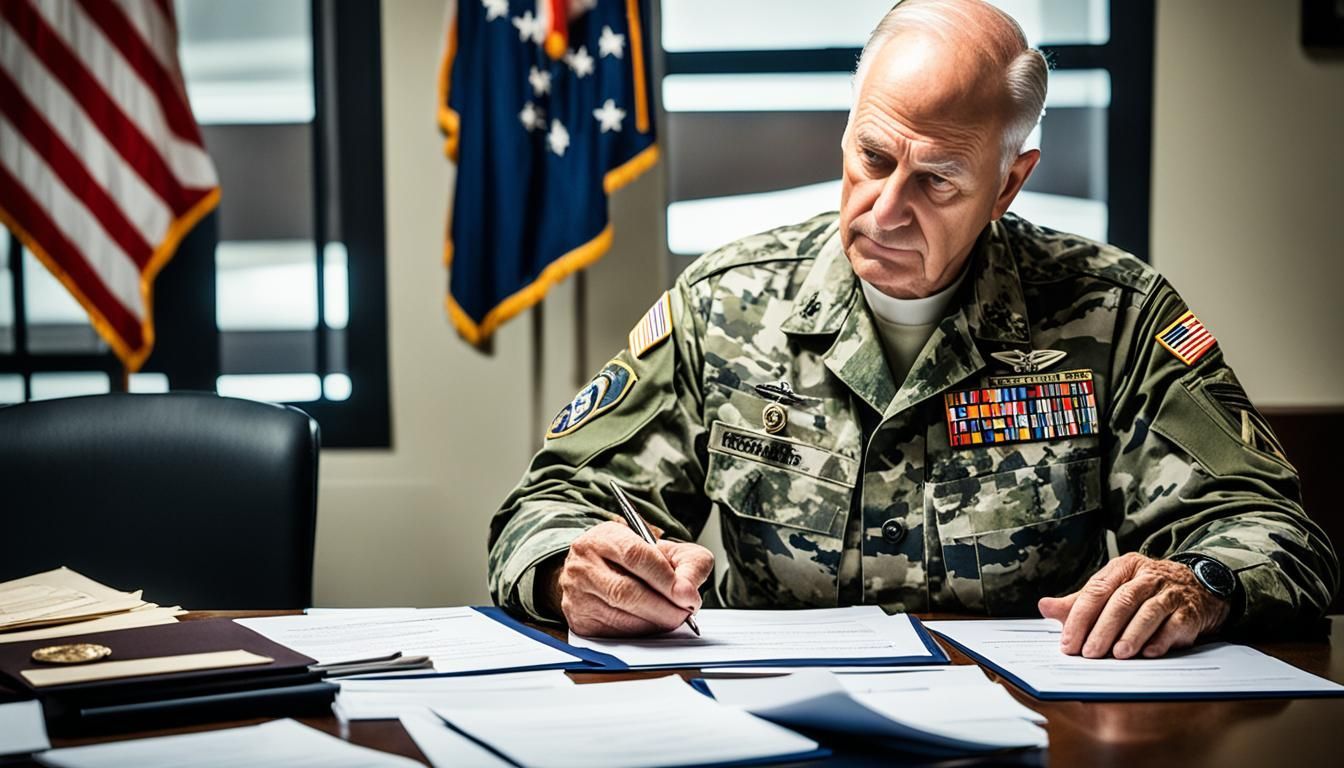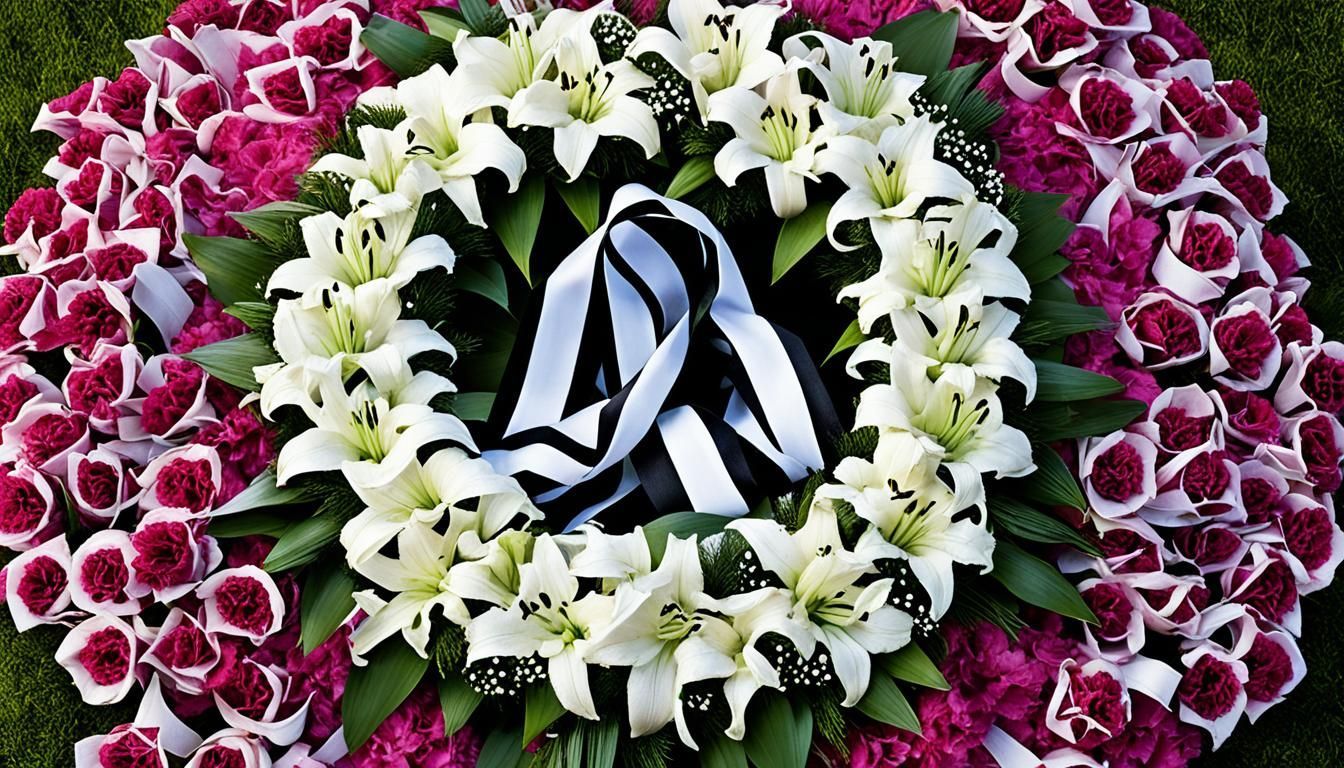Embracing Joy: Appreciating Life After Losing a Loved One
Embracing Joy: Appreciating Life After Losing a Loved One
Can life's simplest pleasures become most profound after a loss?
Reflecting on a LinkedIn post by Grant O'Kane, we learn about dealing with grief. He shared how small moments gain importance after losing someone close. By valuing these moments and being thankful, we start healing and finding joy again.
Mahatma Gandhi believed in balancing work and personal life. This balance helps us find comfort in everyday activities. It aids in grieving and improves our overall mental health.
By enjoying life’s simple joys, like coffee or laughter with friends, we make progress in healing from loss. Starting to notice these small joys is the first step towards peace and happiness after bereavement.
Key Takeaways
- Life's simple pleasures gain new meaning after a loss.
- Gratitude can be a powerful tool for healing.
- Professional and personal harmony is crucial in coping with grief .
- Embracing daily routines can lead to well-being.
- Finding joy in small moments helps in the journey toward peace.
Understanding and Honoring Your Grief
Grieving is very personal and can get pretty complex. To find peace after a loss, we need to face and respect the many feelings that come. Kelly’s insights encourage us to deal with our grief head-on. This means giving ourselves the okay to fully feel and work through these emotions.
Dealing with emotions like fear, guilt, or anxiety is key to getting through loss with thankfulness. Studies show that most people get better over time, especially with friends' support and good habits. Knowing that we're naturally strong helps us keep going, even after we lose someone very important.
Acknowledge and Feel Your Emotions
To honor your feelings, you need time and space to truly feel them. Dr. Alan Wolfelt says this takes courage but is very healing. By respecting your grief, you make way for healing in your heart and soul. Starting a special tradition to honor your loss can also help.
At times, talking to a psychologist or a grief expert is key. They have the right training and skills to help deal with grief’s complex emotions. For those with very deep or complicated grief, this support is very beneficial.
Honoring a loved one can ease the grieving process, creating a lasting legacy. Sitting quietly or writing about your grief can bring great comfort and help heal.
It’s also crucial not to be alone too much. Having people around can bring a lot of comfort and understanding. Nature offers a peaceful place for thinking and feeling, helping you honor and work through your grief.
| Grieving Activity | Benefit |
|---|---|
| Sitting in sacred silence | Creates a sense of sacredness and comfort |
| Engaging with nature | Provides a sanctuary for processing emotions |
| Writing about your grief | Helps in promoting healing and honoring your emotions |
Remember, finding peace and getting through loss with gratitude is a personal journey. There's no single right way to do it. Choose the steps that feel right for you. Lean on your support system to guide you during tough times.
Strategies for Appreciating Life After Losing a Loved One
Losing someone special is hard. But, there are ways to find growth and gratitude afterwards. These strategies help us on our healing journey.
Seek Support and Build Connections
It's important to lean on friends, family, or support groups after a loss. They provide comfort and help us feel less alone in our sadness.
Embrace Self-Care Techniques
Looking after our mental and physical health is key to recovery. Meditation, exercise, or taking a break can aid our healing.
Rediscover Purpose and Meaning
Finding new joy and passion in life is a big step. It helps us feel fulfilled and grow personally.
Practice Gratitude
Gratitude can be a strong healing tool after loss. Writing a gratitude journal or thinking of happy memories helps us focus on the good in life.
Take Small Steps Towards Healing
Healing takes time and small steps make a big difference. Celebrating the tiny wins gives us a feeling of progress and hope.
Using these strategies helps us move past loss. They lead to personal growth and a newfound appreciation for life. For more on coping with the loss and finding peace, visit this resource.
Conclusion
Going through grief is a very personal experience. Studies show having meaningful relationships can make us happier. This puts a spotlight on how important our connections with others are. As we deal with loss and start healing , we must understand the value of these bonds.
After we lose someone, we might not want things to change. We look for anything familiar to feel safe again. But we must accept change to move on. Learning to live with these changes is part of grieving. Studies say recognizing our loved ones live on in our memories helps us. Their teachings and the feelings we shared keep them close.
We must accept and understand change to find peace. This helps us deal with losing someone. Making peace with this loss is key to healing. Families First at Edwards in Columbus, Ohio, supports people in this journey. We aim to help remember and honor those we’ve lost.
Let’s use our memories of lost loved ones to find comfort. We honor them by enjoying life and being thankful. By doing this, we allow ourselves to grow and find meaning in life again. Even in loss, life can be full of meaning.
FAQ
How can we start appreciating life's simple pleasures after losing a loved one?
Grant O'Kane suggests focusing on daily moments of joy. Following Mahatma Gandhi's advice, find harmony in work and life. This can lead to finding joy in small things.
What is the first step in coping with grief?
Kelly says to acknowledge and honor our grief. It's key to let ourselves deeply feel our emotions. This is how we start to heal.
How important is it to seek support during grieving?
Support is crucial, according to Missy Yost. It provides comfort and understanding. It helps us move through our grief.
What role does self-care play in healing after bereavement?
Self-care is vital for healing. It keeps our mind and body healthy. It helps us deal with grief and find happiness again.
How can gratitude aid in overcoming loss?
Gratitude is a powerful tool. Focusing on what we're thankful for brings peace. It helps maintain a positive outlook during tough times.
Is it important to set small goals after losing a loved one?
Yes, setting small goals is key. Small victories bring a sense of achievement. They provide hope and help us heal.
How can we rediscover purpose and meaning after a loss?
Finding purpose means doing what makes us happy. Reflect on what matters to us. This helps navigate life after loss and promotes personal growth.
Why is it important to honor the memories of loved ones?
Elizabeth Kubler Ross says honoring memories brings transformation. It allows us to appreciate life fully. It's a loving way to keep moving forward.
Source Links
- https://www.linkedin.com/pulse/embracing-lifes-simple-joys-reflection-loss-grant-o-kane-rfkac
- https://tinybuddha.com/blog/life-is-gift-how-to-enjoy-find-happiness-after-tragic-loss/
- https://www.linkedin.com/pulse/living-meaningfully-ever-after-embracing-lifes-losses-paul-hawkins
- https://www.apa.org/topics/families/grief
- https://griefrefuge.medium.com/how-to-honor-your-grief-99f68811daa1
- https://tinybuddha.com/blog/accepting-the-loss-of-a-loved-one-and-finding-peace-again
- https://tinybuddha.com/blog/accepting-the-loss-of-a-loved-one-and-finding-peace-again/











